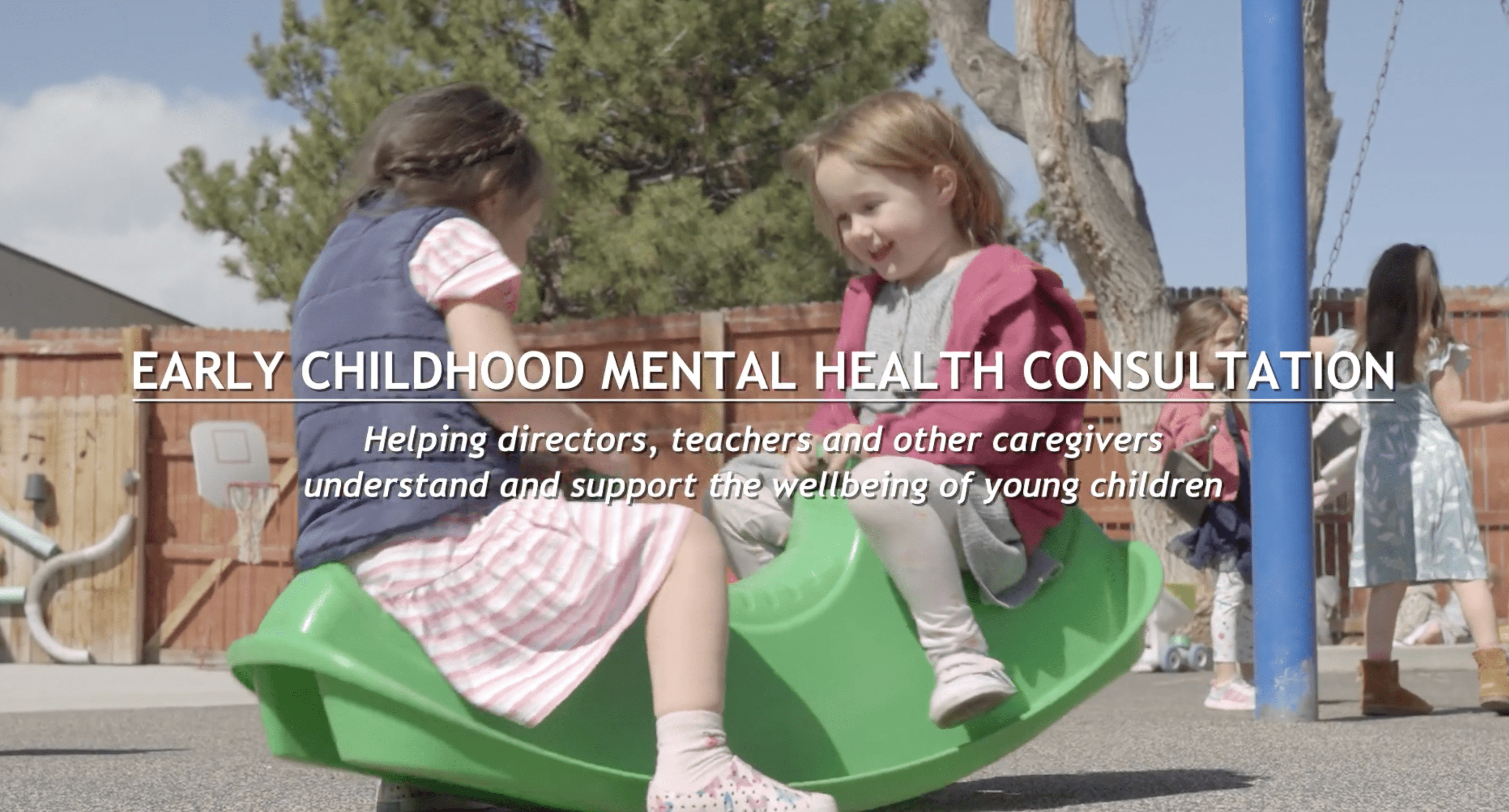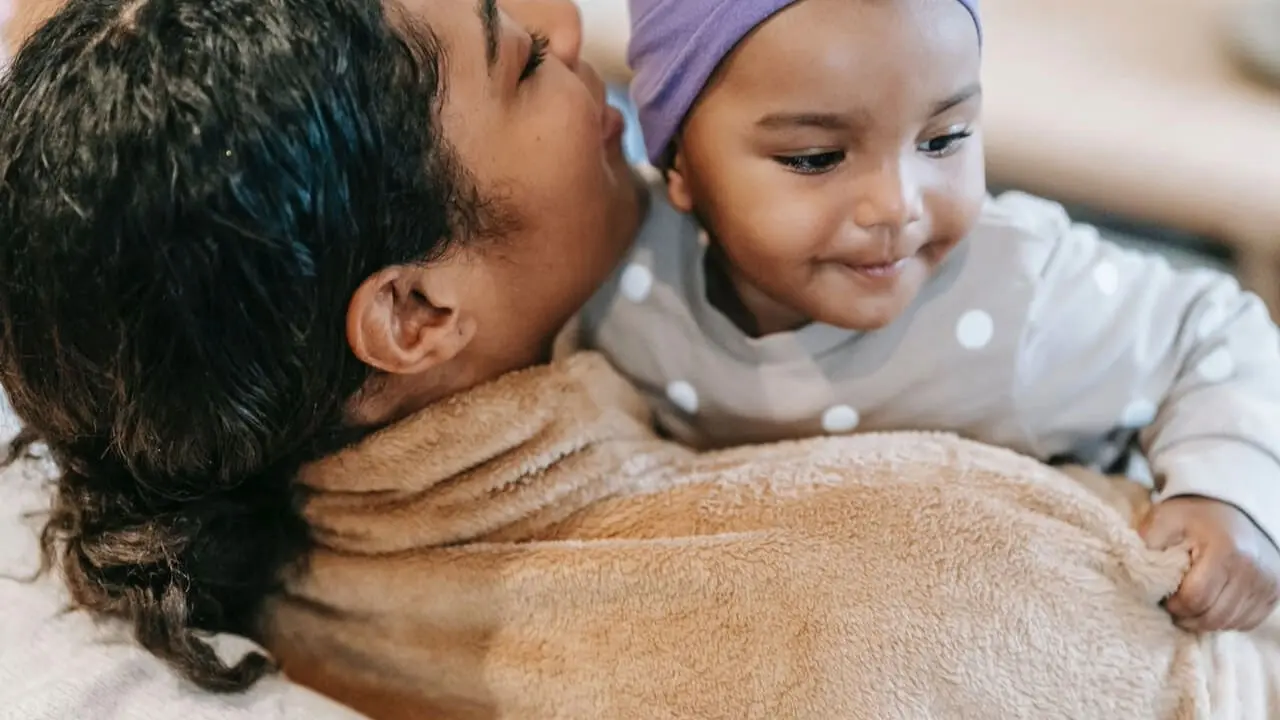Project Summary
The Colorado Lab is supporting the Colorado Department of Early Childhood in building evidence for the Early Childhood Mental Health Consultation (ECMHC) program, moving the program from Step 1 through Step 4 on the Steps to Building Evidence. The project launched in 2021 prompted by SB21-137, which requires an evaluation of the program’s impact on outcomes in early childhood settings. ECMHC brings together a statewide network of mental health professionals to provide support to adults who care for young children birth to age six. When these adults are effectively supported through consultation, it is expected that there will be:
- Improved policies and procedures in early care and education settings
- Improved interactions in classrooms and other care settings
- Less adult stress
- Increased ECE workforce retention
- Less reliance on exclusionary discipline, like suspension and expulsion
With those changes in adults, research suggests that children will experience fewer behavioral concerns, improved mental health and social-emotional wellbeing, and that Colorado’s youngest children will be healthy, valued, and ready for school when they enter kindergarten. The Colorado Lab has worked with CDEC to formalize, define, and measure program elements, and by its end in 2026, this project will add a rigorous evaluation to the growing evidence base for ECMHC.
This work was supported by the Butler Institute for Families at the University of Denver.
Steps to Building Evidence
At the beginning of the project, the Colorado Lab and the Urban Institute supported a collaborative process with the field to clearly define the essential elements of the program and a theory of change (Step 1 on the Steps to Building Evidence). This enabled development of an implementation manual and tools and measures to support fidelity of implementation (Step 2). Most recently, we have developed survey-based outcome measures that will enable a pre-post outcomes analysis (Step 3). Prior to presenting the final report to the General Assembly in late summer 2026, we will use a matching design to examine the impact of the program on workforce turnover using administrative data facilitated by LINC (Step 4).
Actionability
This project is required by SB21-137 and has the potential to inform future funding, including through the development and presentation of a biannual gap analysis. This project’s focus on Step 1 and Step 2 of evidence-building support continuous quality improvement, including implementing the program with fidelity and providing training and technical assistance for the workforce. Ultimately, results of Step 3 and Step 4 of this project will contribute to the body of the best available research evidence on early childhood mental health consultation.
Findings

Get Involved
For more information about working with the Colorado Lab, see Government and Community Partnerships or Research Partnerships.
